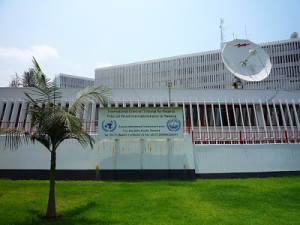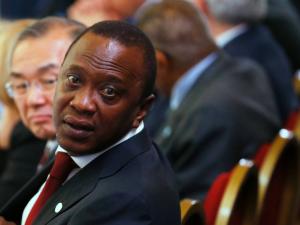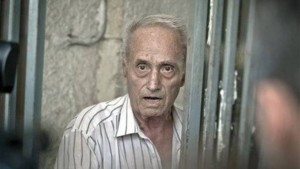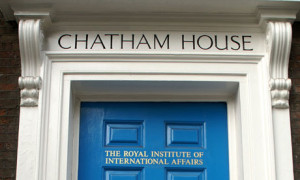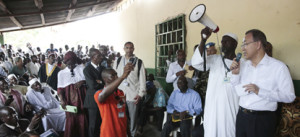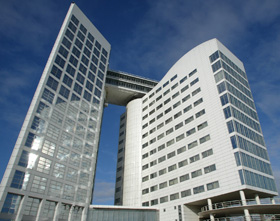Last week, the so called Islamic State of Iraq and Al-Sham (ISIS) has executed lawyer and human rights defender Samira Saleh Al-Naimi.
Reports confirmed that on the evening of 22 September 2014, a group of masked armed men who belong to
ISIS opened fire and killed her in a public square in the very heart of Mosul, Iraq. She was kidnapped by ISIS from her home last week after she described as “barbaric” the widespread damage that ISIS inflicted on ancient features of her city.
In reaction to this tragic news, the Gulf Centre for Human Rights has condemned in the strongest terms the execution of Samira Saleh Al-Naimi and urged the UN and relevant international institutions to:
1. Carry out an immediate, impartial and thorough investigation into the execution of Samira Saleh Al-Naimi and other crimes committed by ISIS with a view to publishing the results and bringing those responsible to justice in line with local laws and international standards;
2. Guarantee in all circumstances that all human rights defenders and journalists in Iraq are able to carry out their legitimate human rights activities without fear of reprisals and free from all restrictions including judicial harassment.
Samira Saleh Al-Naimi was a prominent lawyer and human rights defender and famous for her activities that include defending detainees and supporting the disadvantaged families in the city.


